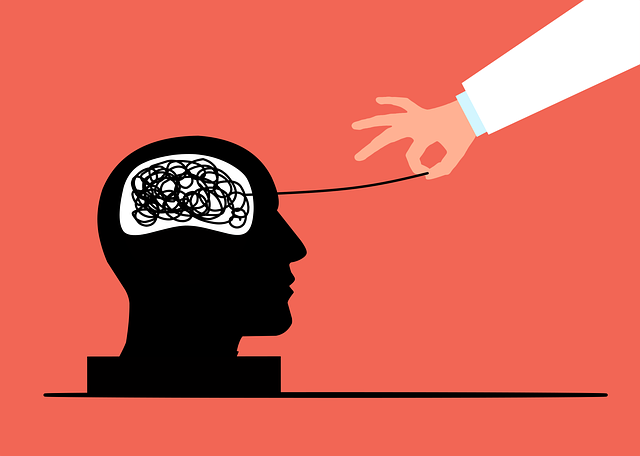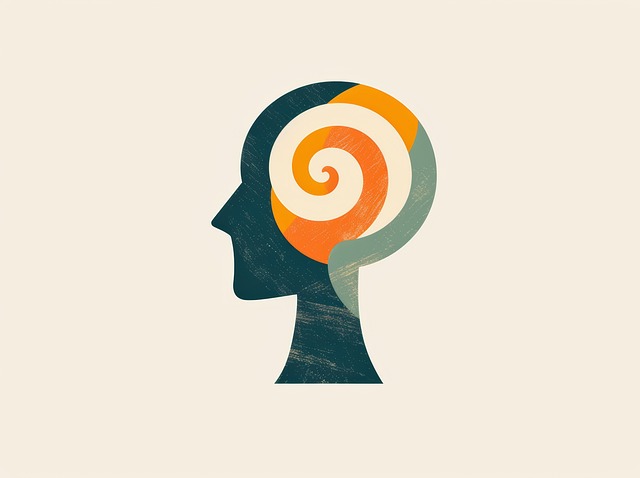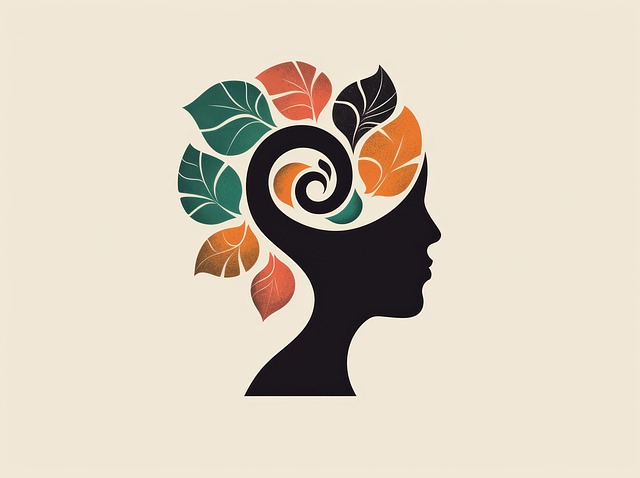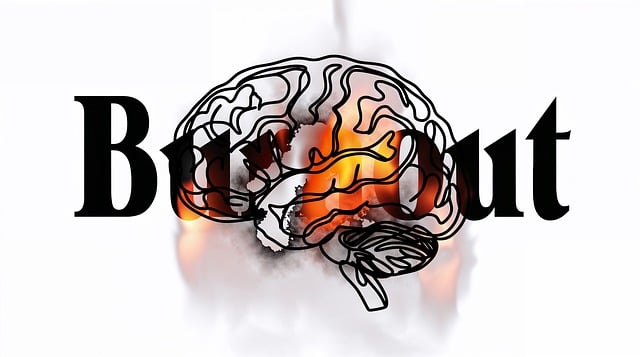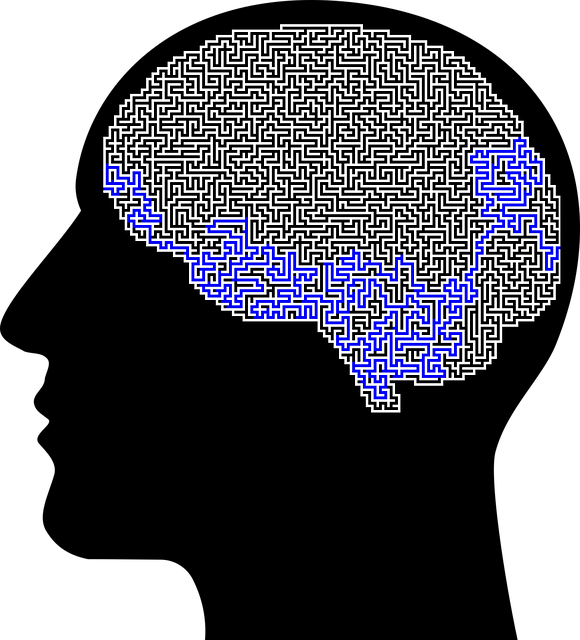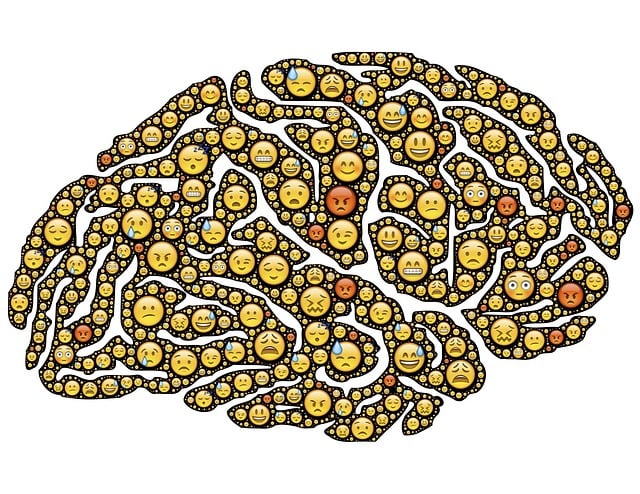Mental health crisis hotlines provide essential support for adults living with chronic pain, offering personalized therapy tailored to their unique needs. Trained professionals guide them through evidence-based strategies and empathy, addressing mental health concerns like self-esteem enhancement and conflict resolution. These services extend beyond physical treatments, empowering individuals to develop healthier coping mechanisms and improve overall well-being. By facilitating open communication, exploring coping strategies, and fostering understanding within support networks, these hotlines play a crucial role in managing chronic pain and promoting long-term mental health.
Mental health crisis hotline support services are a vital resource for adults experiencing chronic pain, offering immediate assistance during times of distress. This article explores the crucial role of these hotlines in providing a lifeline to those struggling with mental health and physical chronic pain. We delve into the expertise of professional counselors and therapists, access methods, and the comprehensive care available through integrated services. Understanding these resources is essential for those seeking therapy for adults with chronic pain.
- Understanding Mental Health Crisis Hotlines: A Lifeline for Adults with Chronic Pain
- The Role of Professional Counselors and Therapists
- Accessing Support: How and When to Reach Out
- Resources and Additional Services for Comprehensive Care
Understanding Mental Health Crisis Hotlines: A Lifeline for Adults with Chronic Pain

Mental health crisis hotlines serve as a vital lifeline for adults experiencing chronic pain, offering immediate support and guidance in manageable pain levels. These services provide an accessible entry point to therapy for adults with chronic pain, where trained professionals offer empathetic listening, crucial resources, and evidence-based strategies tailored to their unique needs.
Beyond addressing the physical aspects of pain management, crisis hotline support often delves into essential areas like self-esteem improvement, conflict resolution techniques, and self-care routine development for better mental health. By combining psychological interventions with practical advice, these hotlines empower individuals to navigate their chronic pain journey with enhanced coping mechanisms and improved overall well-being.
The Role of Professional Counselors and Therapists

Professional counselors and therapists play a pivotal role in supporting individuals experiencing mental health crises, especially those grappling with chronic pain. These experts are trained to provide a safe and non-judgmental space for clients to express their feelings, fears, and frustrations. Through effective therapy techniques, they help adults manage emotional regulation, a key aspect of overall well-being, particularly when dealing with the challenges of chronic pain. By facilitating open communication, therapists enable individuals to explore coping strategies that can significantly improve their quality of life.
The integration of community outreach program implementation is another vital contribution of these professionals. They often work hand-in-hand with local support groups and mental health organizations to dispel the stigma surrounding mental illness. Through educational workshops and awareness campaigns, counselors and therapists foster a more understanding and supportive environment, ensuring individuals seeking help feel welcomed and empowered. This collective effort in Mental Illness Stigma Reduction Efforts creates a powerful network that ultimately enhances access to much-needed mental health services.
Accessing Support: How and When to Reach Out

Reaching out for support is a crucial step towards managing mental health crises, especially when chronic pain is involved. Many individuals struggling with long-term pain often experience a range of emotions, from frustration to despair, which can be overwhelming. If you’re an adult dealing with chronic pain, recognizing the need for help is essential. The first step is understanding that there are dedicated hotlines and support services designed to assist in such situations. These services offer immediate relief and guidance, providing a safe space to express your feelings.
Effective communication strategies can make all the difference when accessing these resources. By being clear about your needs and symptoms, you enable professionals to offer tailored therapy for adults with chronic pain. Mental health awareness has grown significantly, and many hotline services are equipped to handle complex cases, fostering inner strength development through compassionate support. Remember, reaching out is a sign of courage, and prompt action can lead to better management of both mental health and physical pain.
Resources and Additional Services for Comprehensive Care

In addition to crisis intervention guidance, mental health hotline services often offer a range of comprehensive care options. This can include therapy for adults with chronic pain, which addresses both the physical and emotional aspects of living with long-term illness. Hotlines may connect individuals to specialized therapists who employ evidence-based practices tailored to manage chronic pain and its associated psychological impacts. These resources extend beyond immediate crisis support, aiming to equip individuals with coping mechanisms and tools for depression prevention and self-esteem improvement.
Many hotline services also facilitate access to additional resources like support groups, online counseling platforms, and community health programs. By providing a network of support, these services empower users to navigate their mental health journeys effectively. This holistic approach ensures that individuals receive not just crisis intervention but also long-term guidance for maintaining overall well-being.
Mental health crisis hotline support services play a pivotal role in assisting adults suffering from chronic pain by providing immediate relief and access to professional therapy. Understanding these hotlines and their resources is essential for those seeking comprehensive care. By reaching out when needed, individuals can navigate the challenges of chronic pain with added support, ultimately fostering better mental well-being alongside their physical health journey. For adults experiencing chronic pain, exploring therapy options becomes a vital step towards managing symptoms and improving overall quality of life.

